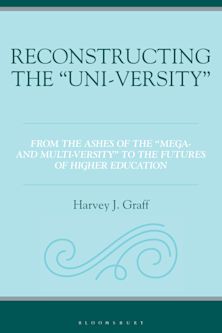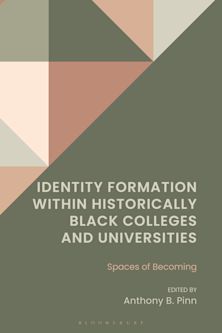The Buying and Selling of American Education
Reimagining a System of Schools for All Children
The Buying and Selling of American Education
Reimagining a System of Schools for All Children
This product is usually dispatched within 2-4 weeks
- Delivery and returns info
-
Flat rate of $10.00 for shipping anywhere in Australia
Description
American educators and policy makers have grown increasingly frustrated in recent decades as attempts to enhance equity and bring American student learning to the level experienced in other countries have faltered. Recent efforts have included the standards movement as well as broad expansion of “school choice.” These endeavors, which largely rely on market-based thinking, assume that individual schools and teachers have the will and ability to do better, if only prodded by competition and other sticks and carrots. Such attempts overlook flaws in a system developed to provide a “common” education while also subdividing resources to maintain privilege for some. This book traces the history of American education as a foundation to examining persistent weaknesses in education today. Meaningful reform and improvement, which are urgent needs, will require broad, systemic change, based on the engagement of many sectors.
This book offers a vision for such reform. Following successful models in other countries suggests options for moving away from current, deeply enmired, systemic inequities, to a system better suited to meeting a broad range of educational needs. A portfolio of diverse schools, regionally administered and held accountable for student learning, presents an option for moving away from inequitable district structures and scatter-shot “choice” options. The critical questions are how to get there from here, and do we have the will to do so? The book concludes with suggestions on how to start the process.
Table of Contents
Acknowledgments
Introduction: An Overview of American Education
Chapter One: School as We Know It
Chapter Two: On Teachers
Chapter Three: School Choice
Chapter Four: Engagement
Chapter Five: School Governance in America
Chapter Six: A New System of Education: Starting from Scratch
Appendix A: Pertinent Court Cases
Appendix B: Discussion Questions
About the Author
Product details
| Published | 16 Nov 2022 |
|---|---|
| Format | Paperback |
| Edition | 1st |
| Extent | 280 |
| ISBN | 9781607096412 |
| Imprint | Rowman & Littlefield |
| Dimensions | 228 x 151 mm |
| Series | New Frontiers in Education |
| Publisher | Bloomsbury Publishing |
Reviews

ONLINE RESOURCES
Bloomsbury Collections
This book is available on Bloomsbury Collections where your library has access.



































